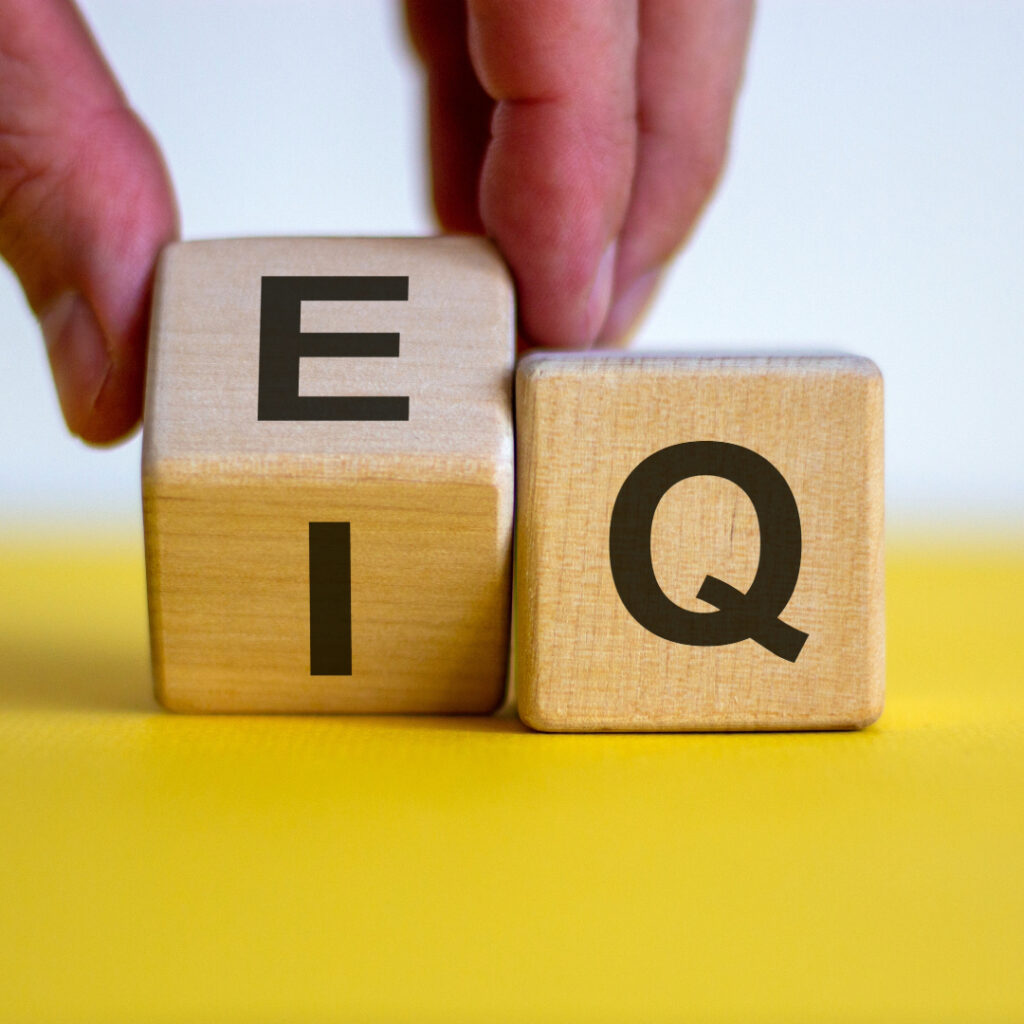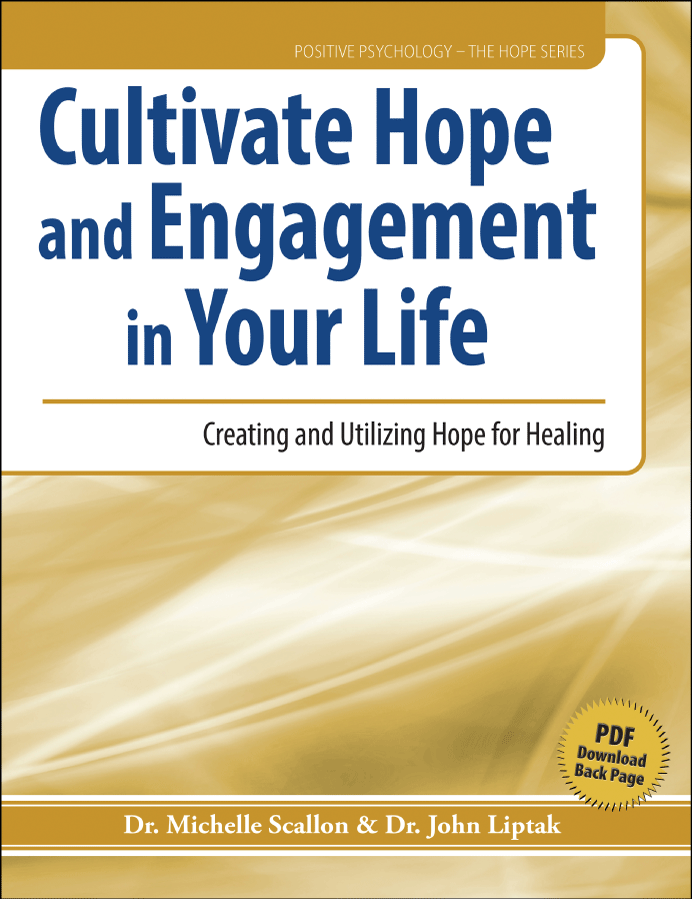
Cognitive-behavioral therapy (CBT) has dominated the therapeutic landscape for many years. Cognitive-behavioral therapists rely on cognitive and behavioral strategies to help their clients. They help people solve their problems because destructive thoughts precede and fuel negative emotions and behaviors. Cognitive-behavioral therapists help people “fix” their problems by managing negative thoughts. Stress management, anger management, trauma management, and many other types of negative emotion management have been very popular.
The therapeutic landscape is changing. After many decades of therapists using cognitive-behavioral therapy tools and techniques, increasing numbers of therapists are turning to the world of emotions as the starting place for helping their clients. For example, Hope Management Theory (HMT) purports that emotions drive peoples’ thoughts, attitudes, and behavioral patterns. Unlike CBT, HMT does not focus on “fixing” negative thoughts, emotions, and behaviors. Instead, HMT promotes positive emotions to reduce negative emotions and feelings.
Hope Management Theory stresses promoting positive emotions instead of focusing on the negative aspects of a person’s life. The fact is that positive emotions have not been researched as much as negative emotions or have not been researched at all. The one psychologist who researched positive emotions was Barbara Frederickson. Her research (2009) suggests that positive emotions lead to expansive and creative thoughts and behaviors. Similarly, my research (Liptak, 2024; Liptak & Scallon, 2023; Liptak & Scallon, In Press) with people in China and Romania suggests that positive feelings of joy, peace, and contentment are generated by triggering the emotion of hope.
Hope Management Theory
The Hope Management Theory helps people manage their positive emotions and utilize them to promote self-motivation. HMT posits that…
- The positive feelings of joy, peace, and elevated mood are generated from triggering the emotion of hope.
- Healthy hope habits can reduce stress, anxiety, trauma, anger, and depression by providing a protective shield of resilience. Scallon & Liptak (2023) isolated five critical hope Habits that can build resilience:
- Master the art of motivation: Focus on intrinsic motivation, components of motivation, internal vs. external motivation; overcoming fear of failing; get support for your goals.
- Set hope goals: Big and small; law of attraction; action planning; “get started” manga; brainstorming goal setting process.
- Create resilient relationships: Types of resilient relationships; haiku your relationships; use your relationships to pivot; gratitude to strengthen relationships; practice empathy.
- Take control of your life: Be proactive; widen your thinking; use the power of visualization; alphabetize your options; give your brain oxygen.
- Harness your strengths: Stay resilient with radical acceptance; my strengths box; in asking for help, we become strong; forward-thinking; the power of persistence.
- Because of its future orientation, people experiencing hope feel the motivating feelings of love, joy, pride, excitement, happiness, and inspiration. These feelings counteract the effects of negative emotions and their accompanying feelings.
- My research also shows that the positive stress associated with hope greatly enhances significant amounts of positive stress that can reduce the effects of negative stress.
In conclusion, therapists have suffered from negativity bias in their work with clients. Negativity bias is the tendency to pay more attention and give more significant weight to negative rather than positive emotions. Much of the current literature on emotional intelligence deals with managing negative emotions. This article aimed to help therapists acknowledge the significant impact of positive emotions on people and provide a framework through which they can use positive emotions to counteract the effects of negative emotions.
By John J. Liptak, Ed.D.
References
Frederickson, B. (2009). Positivity: Top-notch research reveals the 3-to-1 ratio that will change your life. New York, NY: Harmony.
Liptak, J.J. (2024). Transitioning to work. Dubuque, IA: Paradigm Education Solutions.
Liptak, J.J., & Scallon, M. (2023). Trauma and stress: A reproducible activity workbook for promoting resilience. Northampton, UK: Loggerhead Publishing Ltd.
Liptak, J., & Scallon, M. (In Press). Regaining control of your life: Empowering young people and teens after the pandemic and other life-changing situations.

